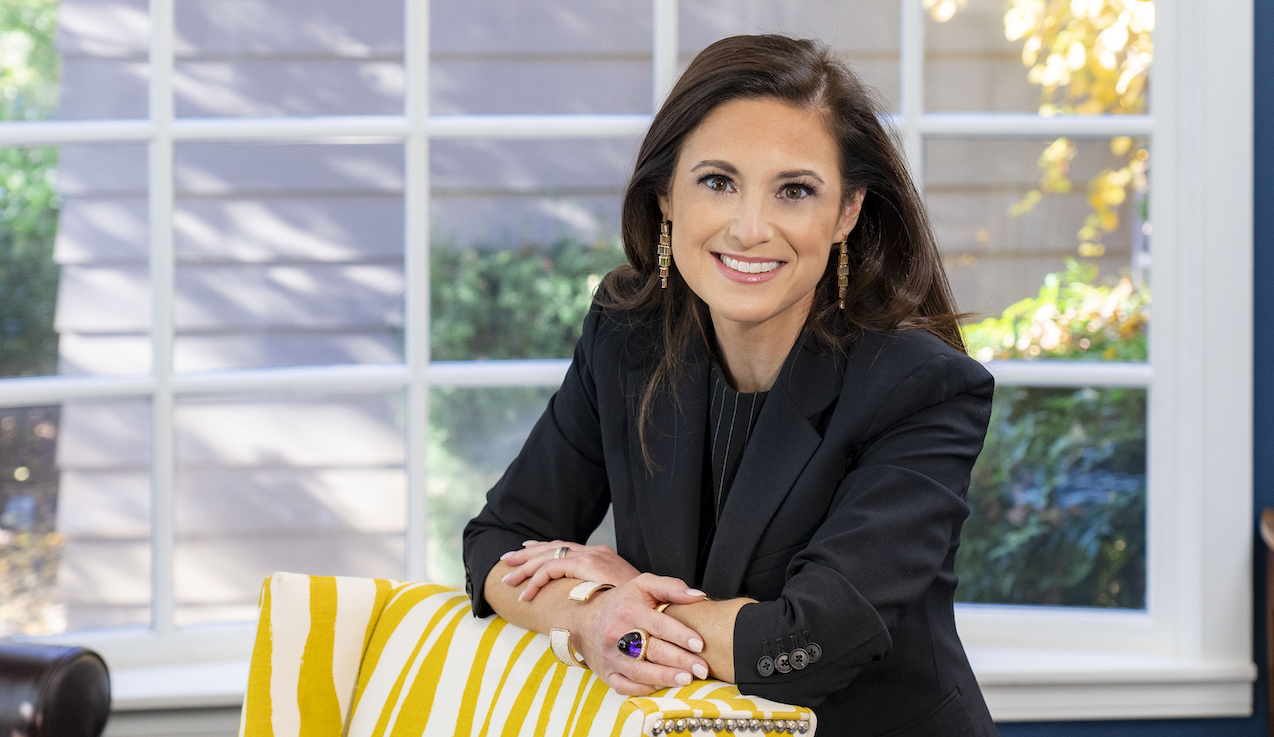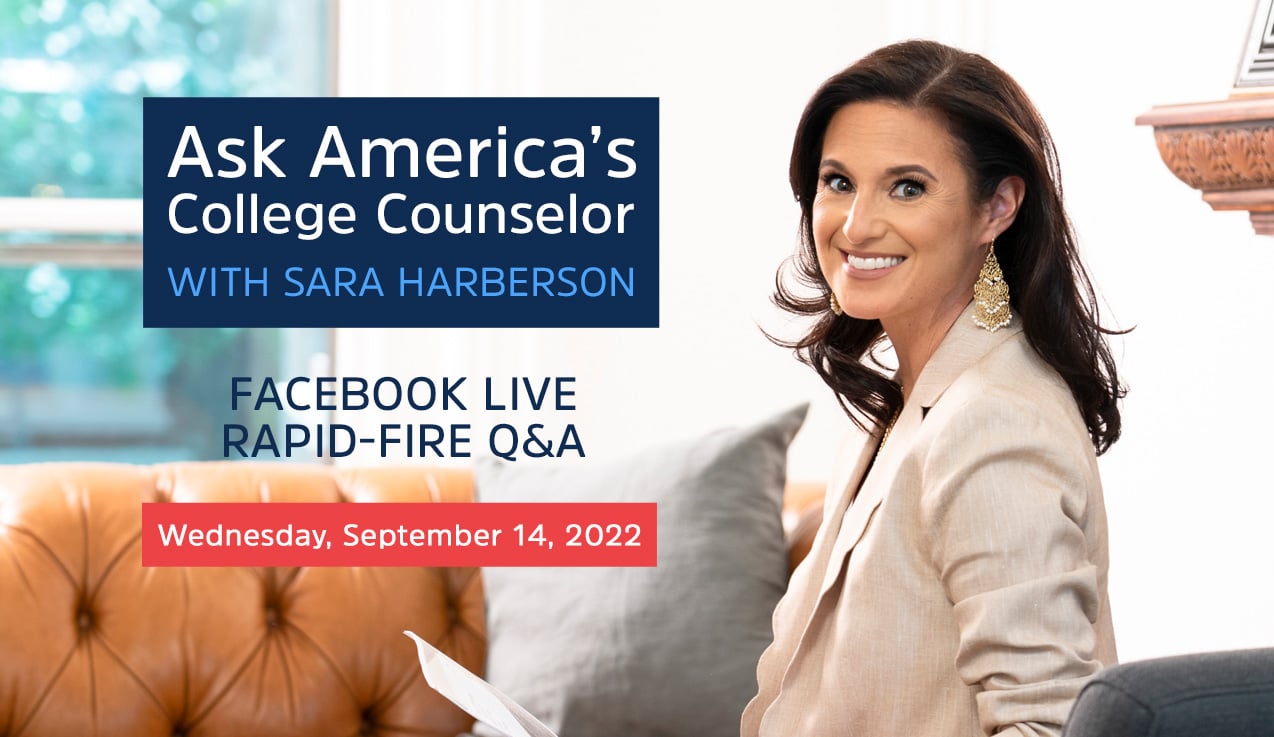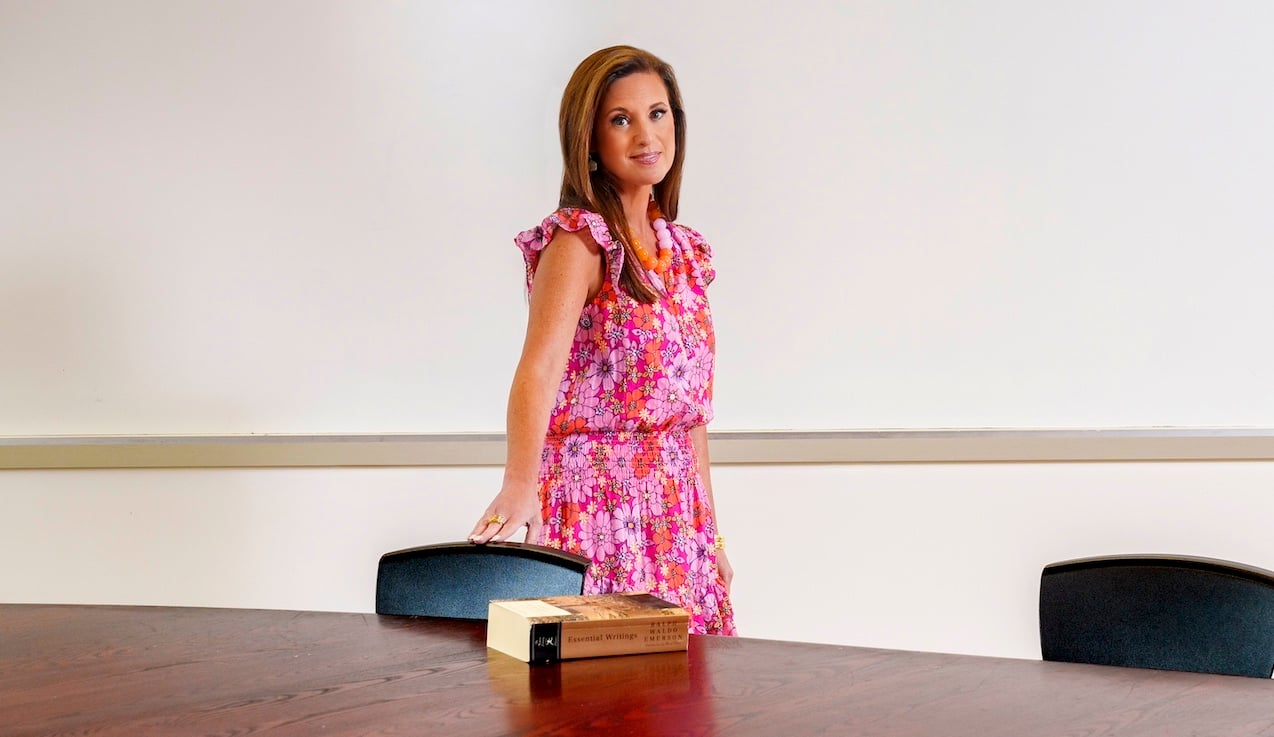My favorite class in high school was Public Speaking. If there were more Communication/Rhetoric classes offered at my high school, I probably would have taken every single one of them.
But Public Speaking was (and is) an elective class, meaning that it was not required for high school graduation. However, enjoying that class and excelling at it was an early indication of what I would ultimately major in when I got to college and what I would do for a living.
High school electives give students a safe space to explore an area of interest. Oftentimes, these classes may come more easily to the student—because they are really good at it! And that is something students should not overlook. Taking electives opens up the possibility to a student that once they get to college or the workforce they can study or do something they really love.
RELATED READING: What Admissions Officers Think of Students Who Take a Study Hall
I am a big fan of students taking electives in high school. These classes balance a demanding school day and give students tremendous confidence in a field that they can someday pursue. Especially for students who are not traditional learners, elective classes allow them to see that they can be good at school.
But elective classes are not the same as core classes. English, math, science, history, and foreign language are core subject matters. I wrote a popular blog post years ago titled, "Why You Should Follow My 5-4 Plan for Course Selection," which outlines the importance of taking these five core subjects, all four years, if possible. Colleges pay attention to the core classes a student takes and how well they do in them—much more than electives. In fact, when I worked in the Undergraduate Admissions Office at the University of Pennsylvania, we did not even consider electives. We would literally cross them out when reviewing a student's transcript.
This is a reminder that while electives are something I encourage students to explore, they should never take the place of a core class. Electives should be taken as "add-on" classes if the student has room in their schedule.
Here is a sampling of common elective classes in high school:
- Accounting
- Entrepreneurship
- PLTW (Project Lead the Way) Engineering
- Digital Art
- Introduction to TV Production
- Public Speaking
- Health Sciences
- Food Sciences
- Forensics
- Oceanography or Marine Science
- Philosophy
- Religion
- Technology
- Finance
- Orchestra
- Choir
- Science Research
- App Development
- Sociology
- Anthropology
- CAD (Computer-Aided Design)
READ MORE: What to Do If You Can't Take the Class You Want
Don't be afraid to take these electives. They might lead a student down the path of self-discovery. When a student is clearly good at an elective and they are interested in it, they are far more likely to invest in their education. While electives are not as important to the college admissions process as core classes, they can translate into a college major or career in no time.












